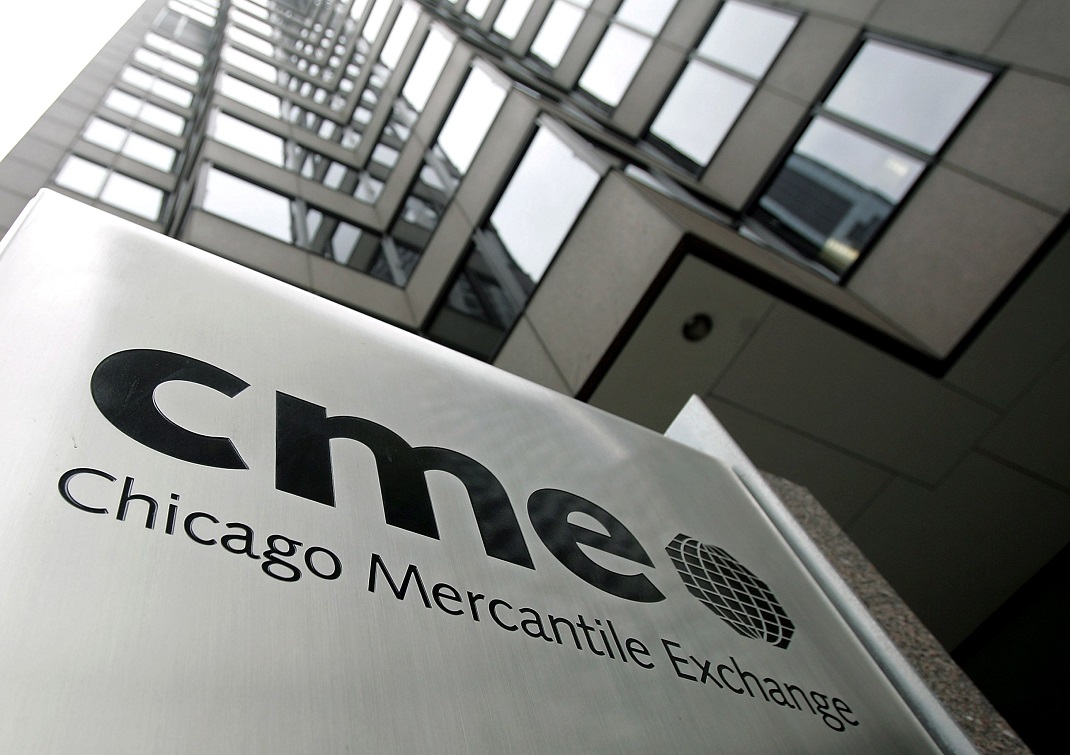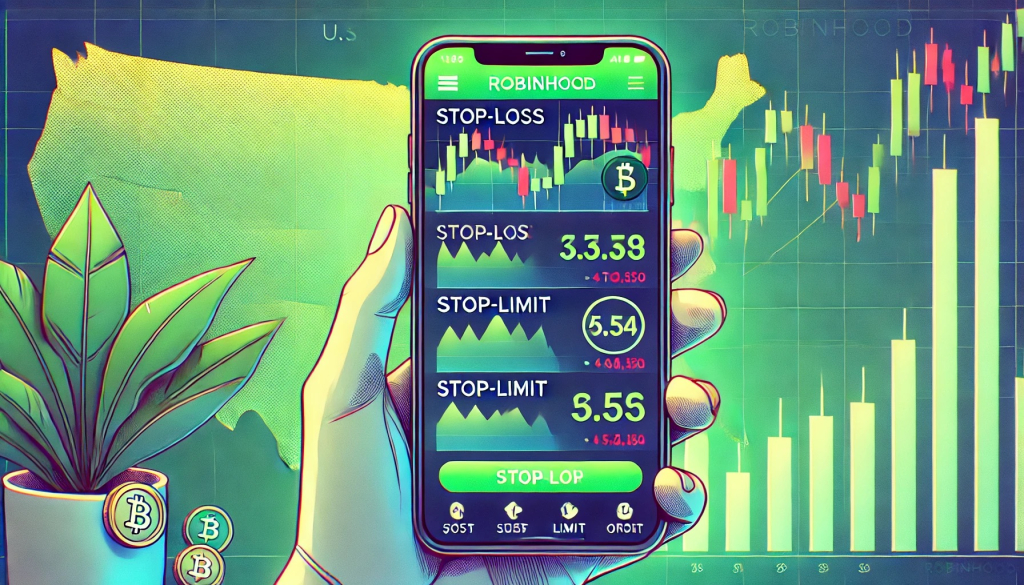Bitcoin (BTC) fell over 3% to around $83,500 on Wednesday, retreating from Tuesday’s high above $84,200 as Asian markets responded with profit-taking. The broader crypto market followed suit, with total market capitalization down 3.3% in the past 24 hours. Ethereum (ETH) and Cardano (ADA) posted deeper losses, sliding up to 5%.
XRP also declined, although ProShares amended its spot XRP ETF filing on Tuesday, targeting an April 30 launch in the U.S.—a move seen as a bullish long-term signal despite short-term bearish trends.
On-chain data from CryptoQuant revealed that large investors have slowed their Bitcoin selling since late February, reducing daily sales from 800,000 BTC to about 300,000 BTC. However, their accumulation remains sluggish. Whale wallets shed 30,000 BTC over the past week, and their monthly buying rate has plunged from 2.7% in March to just 0.5%, the slowest pace since February 20.
Market sentiment was further weighed down by macroeconomic uncertainty. Chinese stocks in Hong Kong dropped 2.9% despite a stronger-than-expected 5.4% Q1 GDP growth in China. Concerns over U.S. tariffs and a potential recession are fueling risk-off behavior across global markets.
Unity Wallet COO James Toledano noted growing recession fears, with forecasts placing U.S. economic growth between 0.1% and 1%. While traditional markets wobble, he suggested Bitcoin’s decentralized nature may become more attractive. However, he cautioned that macro risks remain high, especially amid unpredictable U.S. policies under Trump.
Despite Bitcoin’s recent rally, investor caution and macro headwinds continue to weigh heavily on crypto markets.

























Comment 0